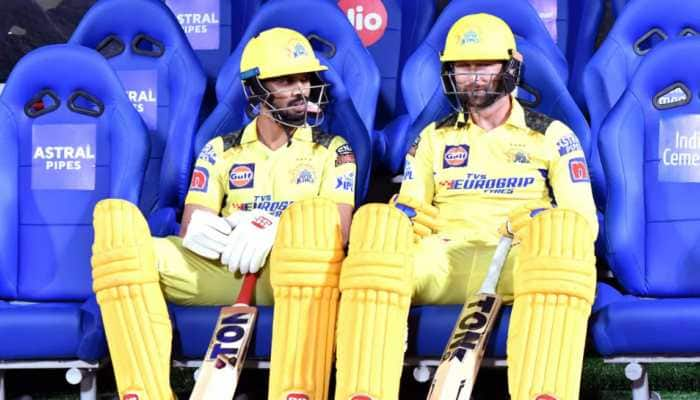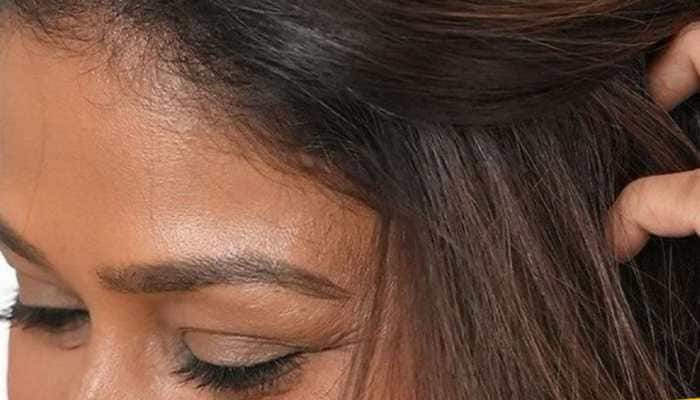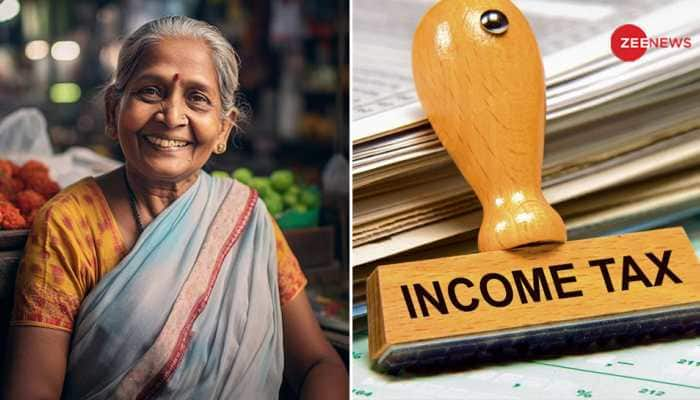Vinesh Phogat Can Still Get Olympics Medal? IOA Exploring Further Legal Options After CAS's Decision
The CAS decision, announced on August 14, upheld the disqualification, dismissing Phogat's appeal to be awarded a shared silver medal.
Trending Photos
)
The Indian Olympic Association (IOA) is not backing down after the Court of Arbitration for Sport (CAS) dismissed Vinesh Phogat's plea for a silver medal in the women’s 50kg wrestling event at the Paris 2024 Olympics. As the dust settles on this contentious decision, the IOA is poised to explore additional legal avenues to advocate for Phogat and address broader issues within the sporting community.
Also Read: What Is FBM Card And How Will It Impact Pro Kabaddi League 2024 Auction?
CAS Dismissal: A Blow to Vinesh Phogat’s Olympic Dreams
On August 7, Vinesh Phogat was disqualified from the women’s 50kg wrestling final due to a marginal weight infraction. Despite the disqualification occurring just 100 grams over the 50kg limit, the impact on Phogat's Olympic aspirations was profound. Scheduled to compete against Sarah Ann Hildebrandt of the United States for the gold medal, Phogat’s disqualification effectively dashed her medal hopes.
The CAS decision, announced on August 14, upheld the disqualification, dismissing Phogat's appeal to be awarded a shared silver medal. The decision has not only caused disappointment but has also sparked a debate about the fairness and interpretation of weight regulations in competitive sports.
IOA’s Reaction: Advocating for Justice and Fairness
Following the CAS ruling, IOA President PT Usha expressed profound disappointment and surprise. In an official statement, the IOA reaffirmed its commitment to Phogat, vowing to explore further legal options. “In light of the CAS order, the IOA continues to stand in full support of Ms. Phogat and is exploring further legal options,” the statement read.
The IOA has criticized the stringent rules surrounding weight limits, arguing that a marginal discrepancy of just 100 grams should not result in total disqualification. The organization also expressed concern over the broader implications for athletes, emphasizing the need for regulations that better account for the physiological and psychological pressures competitors face.
The Impact of the Decision: Broader Implications for the Sporting Community
The CAS ruling on Vinesh Phogat’s case has significant ramifications beyond her personal disappointment. The decision has ignited discussions about the fairness of weight regulations and their impact on athletes' careers. The IOA's statement highlighted that the existing rules may be excessively rigid, particularly when considering the minor nature of the infraction.
“The marginal discrepancy of 100 grams and the resultant consequences has profound impact, not only in terms of Vinesh’s career but also raises serious questions about ambiguous rules and their interpretation,” the IOA noted. The organization has called for a reevaluation of such regulations, suggesting that they may not always reflect the realities of an athlete’s experience.
A Call for Change: Reassessing Athlete Regulations
The situation surrounding Phogat's disqualification underscores a critical need for reform in how sporting regulations are applied. The IOA's stance reflects a growing sentiment that current rules may be too stringent, especially in light of the psychological and physical stress that athletes endure.
The organization’s advocacy for more equitable standards aims to address these concerns and ensure that athletes are judged by rules that are both fair and empathetic. This incident serves as a reminder of the importance of balancing strict adherence to regulations with the need to recognize the human aspects of competitive sports.
Stay informed on all the latest news, real-time breaking news updates, and follow all the important headlines in india news and world News on Zee News.
Live Tv







)
)
)
)
)
)
)
)
)
)
